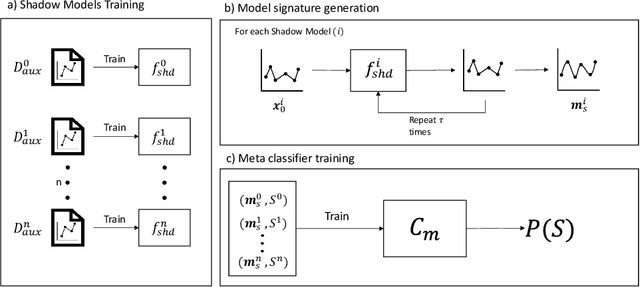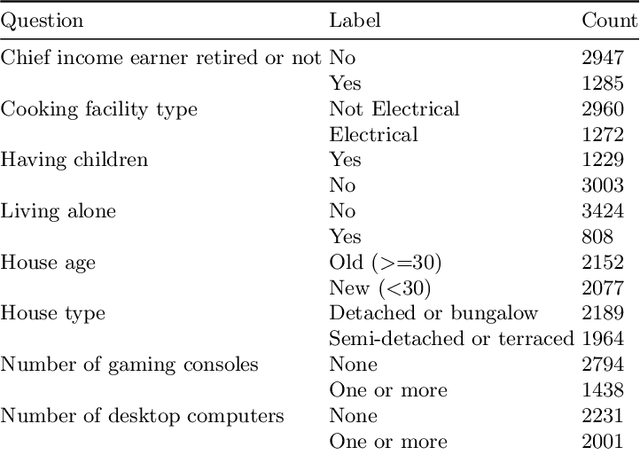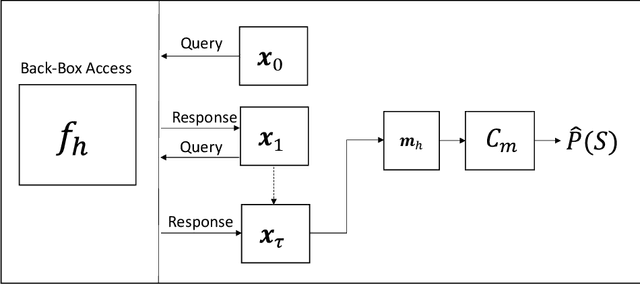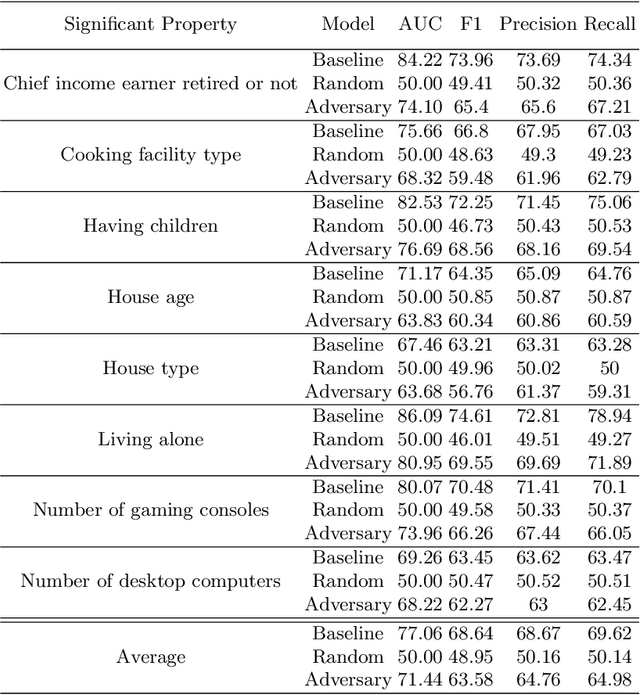Abdulaziz Al-Ali
Building a Robust Risk-Based Access Control System to Combat Ransomware's Capability to Encrypt: A Machine Learning Approach
Jan 23, 2026Abstract:Ransomware core capability, unauthorized encryption, demands controls that identify and block malicious cryptographic activity without disrupting legitimate use. We present a probabilistic, risk-based access control architecture that couples machine learning inference with mandatory access control to regulate encryption on Linux in real time. The system builds a specialized dataset from the native ftrace framework using the function_graph tracer, yielding high-resolution kernel-function execution traces augmented with resource and I/O counters. These traces support both a supervised classifier and interpretable rules that drive an SELinux policy via lightweight booleans, enabling context-sensitive permit/deny decisions at the moment encryption begins. Compared to approaches centered on sandboxing, hypervisor introspection, or coarse system-call telemetry, the function-level tracing we adopt provides finer behavioral granularity than syscall-only telemetry while avoiding the virtualization/VMI overhead of sandbox-based approaches. Our current user-space prototype has a non-trivial footprint under burst I/O; we quantify it and recognize that a production kernel-space solution should aim to address this. We detail dataset construction, model training and rule extraction, and the run-time integration that gates file writes for suspect encryption while preserving benign cryptographic workflows. During evaluation, the two-layer composition retains model-level detection quality while delivering rule-like responsiveness; we also quantify operational footprint and outline engineering steps to reduce CPU and memory overhead for enterprise deployment. The result is a practical path from behavioral tracing and learning to enforceable, explainable, and risk-proportionate encryption control on production Linux systems.
Incremental Online Learning of Randomized Neural Network with Forward Regularization
Dec 17, 2024Abstract:Online learning of deep neural networks suffers from challenges such as hysteretic non-incremental updating, increasing memory usage, past retrospective retraining, and catastrophic forgetting. To alleviate these drawbacks and achieve progressive immediate decision-making, we propose a novel Incremental Online Learning (IOL) process of Randomized Neural Networks (Randomized NN), a framework facilitating continuous improvements to Randomized NN performance in restrictive online scenarios. Within the framework, we further introduce IOL with ridge regularization (-R) and IOL with forward regularization (-F). -R generates stepwise incremental updates without retrospective retraining and avoids catastrophic forgetting. Moreover, we substituted -R with -F as it enhanced precognition learning ability using semi-supervision and realized better online regrets to offline global experts compared to -R during IOL. The algorithms of IOL for Randomized NN with -R/-F on non-stationary batch stream were derived respectively, featuring recursive weight updates and variable learning rates. Additionally, we conducted a detailed analysis and theoretically derived relative cumulative regret bounds of the Randomized NN learners with -R/-F in IOL under adversarial assumptions using a novel methodology and presented several corollaries, from which we observed the superiority on online learning acceleration and regret bounds of employing -F in IOL. Finally, our proposed methods were rigorously examined across regression and classification tasks on diverse datasets, which distinctly validated the efficacy of IOL frameworks of Randomized NN and the advantages of forward regularization.
A Blackbox Model Is All You Need to Breach Privacy: Smart Grid Forecasting Models as a Use Case
Sep 04, 2023



Abstract:This paper investigates the potential privacy risks associated with forecasting models, with specific emphasis on their application in the context of smart grids. While machine learning and deep learning algorithms offer valuable utility, concerns arise regarding their exposure of sensitive information. Previous studies have focused on classification models, overlooking risks associated with forecasting models. Deep learning based forecasting models, such as Long Short Term Memory (LSTM), play a crucial role in several applications including optimizing smart grid systems but also introduce privacy risks. Our study analyzes the ability of forecasting models to leak global properties and privacy threats in smart grid systems. We demonstrate that a black box access to an LSTM model can reveal a significant amount of information equivalent to having access to the data itself (with the difference being as low as 1% in Area Under the ROC Curve). This highlights the importance of protecting forecasting models at the same level as the data.
 Add to Chrome
Add to Chrome Add to Firefox
Add to Firefox Add to Edge
Add to Edge